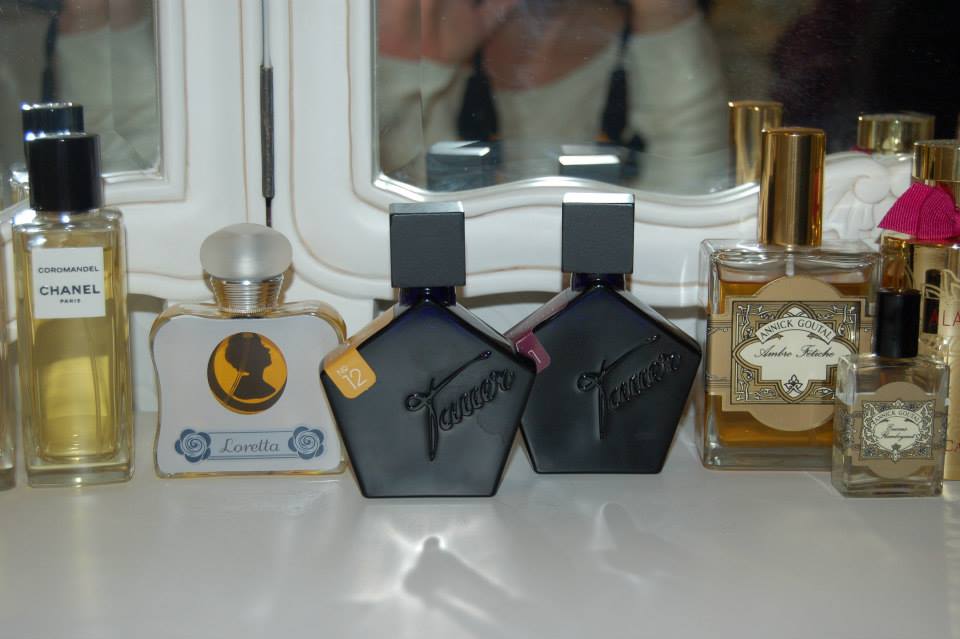 In order to make your favourite scents stand the test of time, there are a few key tips that every lady should know.
In order to make your favourite scents stand the test of time, there are a few key tips that every lady should know.
As a general rule of thumb, most perfumes have a maximum shelf life of 3 to 5 years from their production date, although fragrances made with quality ingredients such as the range available from leading perfumer Jo Malone's website will last longer.
Furthermore, the following guide will give you key advice on making your favourite scents last as long as possible.
Choosing Perfumes that Have the Longest Shelf Life
Fragrances from the citrus family of scents tend to evaporate faster, while musk and woody based perfumes tend to evaporate slower.
Another key factor to consider when shopping for a fragrance is the concentration levels - ‘parfum' is made with the most essential oils and while it is pricier you will need to apply less. In contrast, ‘eau de parfum' has a lesser concentration of oils, while ‘eau de toilette' is very mild and wear off faster. Eau de cologne is the weakest scent of all fragrances and the least expensive, although not necessarily in the men's range.
Fragrance Application
How you apply your perfume makes a big difference in the length of time that it will be apparent on your skin. The first tip is to apply your fragrance ideally after a shower, since your pores will be more open and will thus capture the scent better. To enhance this even further, first apply a body oil or unscented moisturiser (you don't want it to compete with your perfume) as these oils will trap the scent on your skin even more.
Next, apply your perfume to your main pulse points - the areas on your body where the veins are closest to your skin surface and where you feel blood circulation, such as wrists, neck, between the breasts and behind knees. It's also a good idea to spritz a light mist through your hair so that the scent will be released as you move about. Contrary to the popular fallacy however, never rub your wrists together after applying perfume as this will break down the scent's oils so that it dissipates faster. . She also suggests a light mist of fragrance through the hair.
Perfume Storage
Just like with a fine wine, how you store your fragrances will affect their shelf life. Perfumes should always be stored in a cool, dry place, away from direct sunlight or heat, since these conditions will cause evaporation or the deterioration of their inherent essential oils. This means keeping them in the bathroom where there are fluctuating temperatures and high humidity is a no-go, likewise a window ledge is a bad idea as it will get direct sunlight. The ideal solution is to keep your perfumes in a box, dresser draw or closet in your bedroom.
You could keep your perfume in the refrigerator to extend its life span, although be warned that the scent might infuse into nearby food products, such as butter.
The bottles you store your scents in also play a part in their longevity - fragrances kept in dark or opaque containers will last longer than those in a clear bottle. Also be sure to keep your perfume bottles tightly closed as this will deter evaporation (which in addition to being a waste can change the balance of a scent’s composition).
When to Throw a Perfume Away
A final tip is to know when you will simply need to discard a fragrance and buy a new one. While some perfumes fade away gradually and become less potent with age (in which case you can still use them, but more application will be needed), other perfumes can go “off”. The tell-tale signs will be if a bottled fragrance has thickened, changed its colour (such as yellowing or becoming noticeably darker), or developed an unappealing smell (such as a discernable acidity).
Conclusion
By following the above tips, every perfume can be made to last the maximum length of time possible, so you can enjoy them for years to come.
Information provided by joloves.com.







